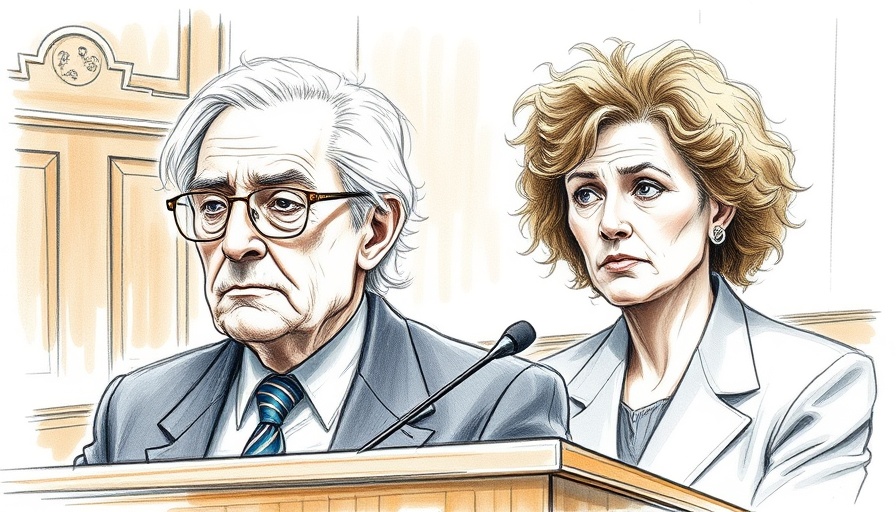
A Costly Defense: The Price of Justice for the El Paso Gunman
The El Paso Walmart shooting of August 3, 2019, remains one of the deadliest hate crimes in U.S. history, leaving 23 victims dead and many others injured. Patrick Crusius, the perpetrator, has now cost taxpayers a staggering $1.3 million in legal fees due to his representation in federal and state courts. This figure includes $745,000 paid to a team of eight defense attorneys specifically for his federal trial, raising questions about the provision of legal resources for indigent defendants in high-profile cases.
Defining Indigence and Its Financial Implications
Under federal law, a defendant is classified as indigent if they cannot afford legal representation. Crusius met these criteria, which led to taxpayer-funded legal representation. Joe Spencer, the lead defense attorney, acknowledged the complexities involved in such cases, particularly those that pertain to the death penalty. He argued that the financial resources allocated to the defense ultimately facilitated a prompt resolution of the case.
The Role of Guilty Pleas in the Judicial Process
Crucially, Crusius accepted a plea deal that removed the death penalty as a potential outcome. This decision reflects a broader trend in capital cases, where lengthy trials are avoided in favor of negotiated agreements, thus saving judicial resources and emotional toll on victims' families. Spencer stated that from the outset, the defense sought an efficient resolution to prevent prolonged litigation.
The Judicial System: Balancing Justice and Resources
The significant legal fees associated with this case highlight the intersection of criminal law, mental health issues, and taxpayer accountability. Critics of the funding system argue that these resources should reflect the severity of the crime while advocating for the rights of victims and their families. Others contend that thorough, well-funded defenses are vital to uphold the integrity of the justice system, even when the defendants' actions are unforgivable.
Conclusion: The Cost of Representation
This case serves as a poignant reminder of the complexities within the U.S. legal system, particularly regarding how it balances justice and financial responsibility. As discussions continue about the implications of taxpayer-funded legal defense, the repercussions of this particular case will likely spark ongoing conversations about fairness, accountability, and reform within judicial practices.
 Add Row
Add Row  Add
Add 




Write A Comment